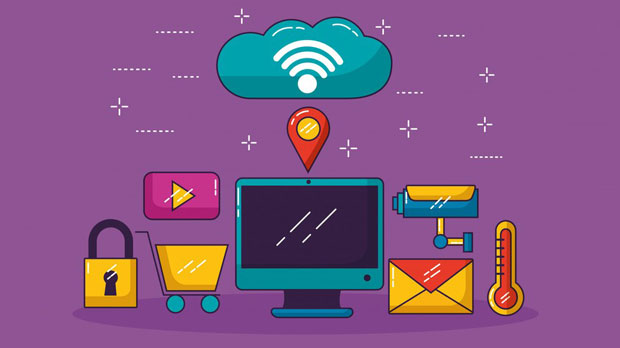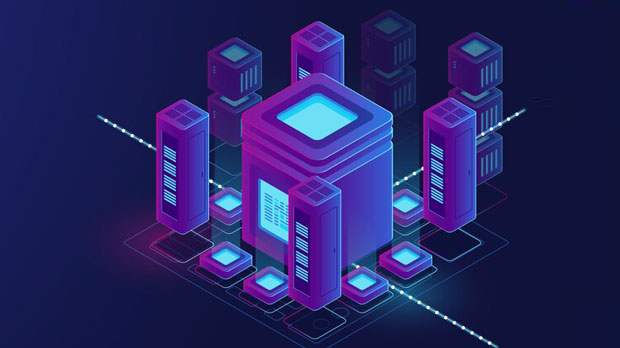Finding free socks5 proxy servers can be a valuable solution for many internet users looking to maintain privacy, bypass geographical restrictions, or enhance security while surfing the web. sock s5 proxies, known for their versatility, support a range of protocols and are highly efficient in handling both high-speed and low-latency tasks. However, sourcing reliable and secure free SOCKS5 proxies can be a challenge. This article explores effective methods to find free socks5 proxy servers, covering practical tips, the risks involved, and how to ensure the proxies are safe to use. What is a SOCKS5 Proxy?A SOCKS5 proxy is a type of proxy server that functions at the transport layer, allowing users to route traffic from various protocols, including HTTP, FTP, and others, through the server. It provides better security and anonymity than regular HTTP proxies, as it doesn’t modify the data packets, making it harder for third parties to track or intercept the traffic. Additionally, SOCKS5 proxies support authentication, which adds another layer of security.Why Choose a free socks5 proxy?There are several reasons why users might opt for a free SOCKS5 proxy. Primarily, it can be an excellent way to access content restricted by region, mask your IP address, or maintain privacy without paying for a subscription. Moreover, some people use free SOCKS5 proxies as a temporary solution, for instance, to avoid geographic restrictions while watching videos or browsing specific sites.However, free proxies come with certain limitations. Free SOCKS5 proxies are often slower and less reliable than their paid counterparts. They can also have security risks, including potential data leakage, which makes it essential to choose trusted providers. Understanding these limitations is crucial when searching for free SOCKS5 proxies.Methods to Find Free SOCKS5 Proxies1. Proxy Lists and DatabasesOne of the most straightforward methods to find free SOCKS5 proxies is by searching online proxy lists or databases. These websites often feature regularly updated lists of SOCKS5 proxies, detailing their speed, uptime, and geographic locations. It's important to note that these lists vary in terms of reliability, so users must double-check the proxies before use. 2. Proxy Software and ToolsSeveral software programs and tools are designed to provide users with free proxy servers, including SOCKS5 proxies. These tools are often equipped with a search feature that automatically looks for available free proxies. Some even allow users to filter proxies based on their speed and country of origin. Tools like these can save time, but they might not always ensure complete safety, so users should be cautious and test the proxies beforehand.3. Community Forums and Online GroupsMany users share free SOCKS5 proxies in online forums or social media groups dedicated to privacy and security. These communities may exchange valuable, up-to-date information about working proxies. However, users must be cautious, as some proxies shared in forums might be outdated or potentially harmful. Before using a proxy from such sources, it’s a good idea to check its reliability and user feedback to minimize the risks.4. Open Source Proxy ProjectsAnother option for finding free SOCKS5 proxies is through open-source projects. Many developers build proxy networks or software that rely on community contributions to provide access to SOCKS5 proxies. These projects can be a great source of free, reliable proxies, though they require a bit of technical knowledge to set up and use. Additionally, users should ensure they understand the privacy policies of such projects, as they might not always guarantee full anonymity.5. Browser ExtensionsSome browser extensions and VPN services also offer SOCKS5 proxy support, often for free. These extensions are easy to install and use, providing users with instant access to SOCKS5 proxies for browsing. However, while these tools can be convenient, they may come with limited functionality or restrict access to certain websites. As with other free proxies, the security and reliability of these services should be carefully considered.Risks of Using Free SOCKS5 Proxies1. Privacy and Security ConcernsOne of the major risks of using free SOCKS5 proxies is the potential threat to your privacy and security. Since free proxies are often unregulated, some proxy providers may track your online activity, inject ads, or even sell your data to third parties. Additionally, free proxies might not use encryption or other security measures, exposing you to hackers or malicious websites.2. Reliability IssuesFree SOCKS5 proxies are typically less reliable than paid ones. They may have slow speeds, frequent downtime, or be blocked by websites and services. This makes them unsuitable for tasks requiring high-speed connections or consistent service. Free proxies might also have limited bandwidth, meaning users could experience reduced performance during peak hours.3. Lack of Technical SupportUnlike premium proxy services, free SOCKS5 proxies often lack customer support or troubleshooting resources. If users encounter issues with their proxies, such as slow speeds, connection drops, or security vulnerabilities, they may have no one to turn to for help. This is a key downside for those relying on proxies for critical tasks.How to Safely Use Free SOCKS5 Proxies1. Verify Proxy ProvidersBefore using a free SOCKS5 proxy, it’s essential to verify its legitimacy. Make sure the proxy provider has a solid reputation and is transparent about its operations. Reading reviews and checking the feedback from other users can help identify trustworthy sources.2. Test the ProxiesTesting free SOCKS5 proxies is crucial to ensure they work correctly and securely. Users should test the proxies for speed, stability, and functionality before relying on them for sensitive tasks. Tools are available that can help assess the quality of a proxy, such as testing its connection speed, anonymity level, and geographic location.3. Use EncryptionTo further enhance security, users should consider using encryption tools, such as a VPN, alongside their SOCKS5 proxies. This adds an additional layer of protection, ensuring that your data is encrypted even if the proxy itself does not provide encryption.4. Avoid Using for Sensitive ActivitiesGiven the potential risks associated with free SOCKS5 proxies, it’s wise to avoid using them for activities involving sensitive data, such as online banking or logging into personal accounts. Free proxies should be limited to less critical tasks where privacy and security are not as significant a concern.ConclusionFinding free SOCKS5 proxies can be a useful way to access restricted content, browse anonymously, or enhance online security. However, it’s important to be aware of the risks involved, including potential security issues, reliability concerns, and lack of support. By using the methods outlined above and taking necessary precautions, users can safely utilize free SOCKS5 proxies for various online activities. Always verify the proxy sources, test their performance, and ensure additional security measures are in place to protect your privacy.
Aug 12, 2025



































































